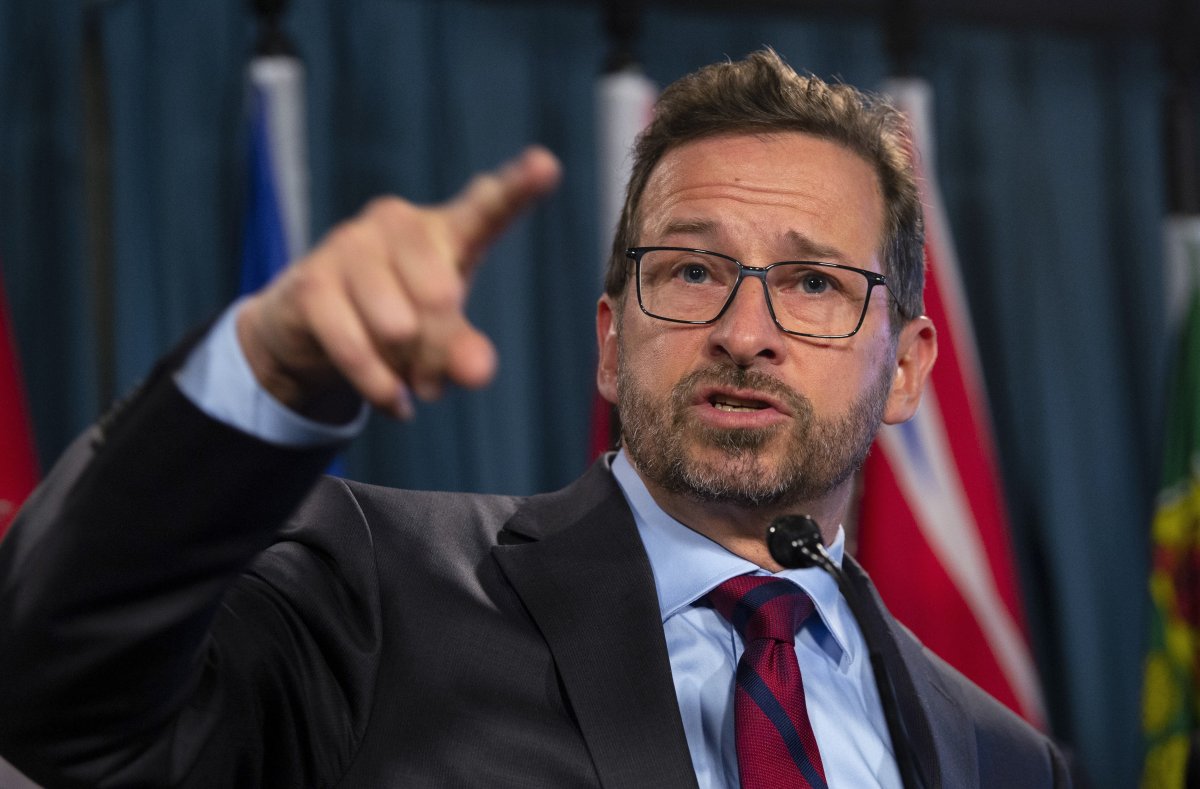The Bloc Québécois has once again weaved its charm over its home province after a tumultuous decade during which it was pushed to the political margins and struggled to find new ground.

The sovereignist party claimed at least 30 seats across Quebec on Monday night, delivering a deafening blow to its federal counterparts.
READ MORE: Real-time results in the Canadian election
Under the leadership of Yves-François Blanchet, the Bloc continued to gain strength among Quebecers, according to polls conducted during the election campaign. The former Parti Québécois MNA has been a staunch defender of Bill 21, the province’s contentious secularism bill, and has repeatedly argued that Ottawa should stay out of Quebec’s affairs.
Before voters headed to the polls, Blanchet had already touted last week the gains his party would seek for Quebec in the event of a minority government, which would give the nationalist party the balance of power.
The light-blue wave in the province comes amid years of turmoil within the party’s ranks and questions over its relevance, but also resembles the Bloc’s beginnings.
READ MORE: Global News projects Justin Trudeau’s Liberals will form minority government
The Bloc Québécois was initially created in 1991 in a bid to promote sovereignty and defend the province’s best interests at the federal level. In the wake of the failure of the Meech Lake Accord, a number of Quebec MPs from the Conservatives and Liberals formed the coalition. A disillusioned Lucien Bouchard, who would later serve as Quebec’s premier, left the Conservatives and headed the party.
Over the past three decades, the Bloc has at times been a powerhouse and, more recently, fragile in its state. After it was formed, the party quickly gained supporters and seats — sweeping 54 seats in its first election in 1993 — and becoming the Official Opposition in the House of Commons.
While the Bloc has long maintained it is the best bet to represent Quebec, the party has struggled in the last decade. In 2008, it claimed 48 seats when Stephen Harper’s Conservatives formed a minority government before the tides turned three years later.
The Bloc suffered its worst electoral defeat in 2011. It lost official status after only four candidates were elected amid the New Democrats’ so-called orange wave in the province.
Gilles Duceppe, the Bloc’s leader for 14 years, who led the party through five consecutive elections in which it won at least half of Quebec’s seats, lost his seat and stepped down.
- Alberta to overhaul municipal rules to include sweeping new powers, municipal political parties
- Grocery code: How Ottawa has tried to get Loblaw, Walmart on board
- Military judges don’t have divided loyalties, Canada’s top court rules
- Norad looking to NATO to help detect threats over the Arctic, chief says
The future of the party became increasingly unsure as it lost MPs and combed through leaders in the past few years. In 2015, Duceppe returned to the helm and guided the Bloc to winning 10 seats in the federal election, but he once again resigned amid the disappointing results.

In 2017, as challenges surfaced over Martine Ouellet’s leadership, the Bloc quickly found itself at the centre of infighting and seven MPs defected a few months later. The Bloc barely survived the beginnings of a new party until Ouellet stepped down in a bitter and resentful resignation in 2018 following a referendum on her leadership.
Blanchet, for his part, took over the Bloc’s reins in January 2019. His bid was uncontested since he was the only candidate in the running for the job.
READ MORE: Bloc Québécois leader campaigns in Quebec City area, eyes Tory and Liberal ridings
— With files from The Canadian Press




Comments